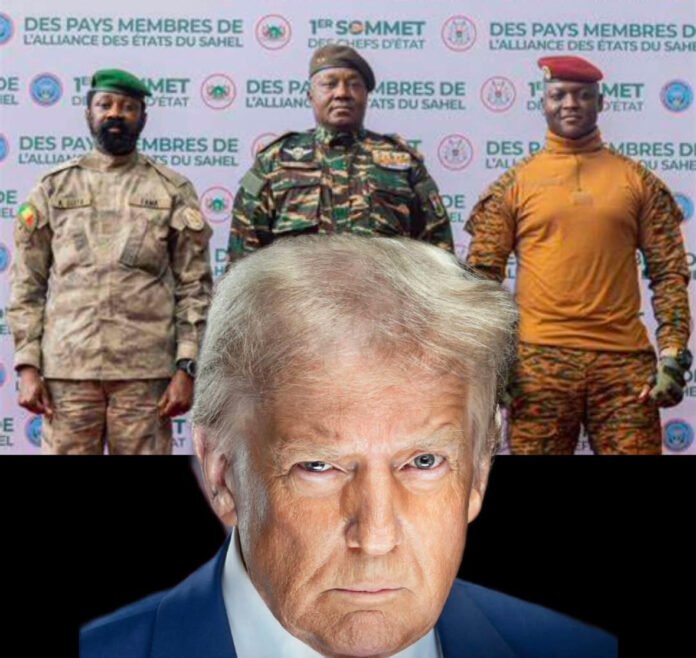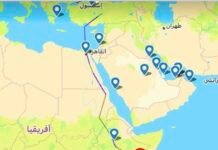By Horn Africa News
The geopolitical contest for Africa’s Sahel region—stretching across Burkina Faso, Mali, and Niger—has entered a new phase as the United States attempts to reassert its role in a part of the continent where Western influence has waned dramatically in recent years.

For more than a decade, Washington saw the Sahel as a frontline in the fight against extremist groups linked to al-Qaeda and the Islamic State. Niger, in particular, was a cornerstone of U.S. strategy, hosting a major drone base in Agadez that provided surveillance and counterterrorism capabilities across the region. But the fragile partnership unraveled during the presidency of Joe Biden. Relations soured as Niger’s military leaders, who seized power in 2023, accused Western countries of meddling in their internal affairs. By 2024, U.S. troops had been expelled, the drone base was shuttered, and Niamey openly defied repeated Western calls for a return to civilian rule—labeling such demands as “neocolonial interference disguised as democracy promotion.”
Instead of turning back to Washington or Paris, Niger and its neighbors pivoted toward alternative partners. Russia and, increasingly, China began filling the void, offering military assistance, infrastructure investment, and political backing without the governance conditions often tied to Western aid. This shift signaled a broader rejection of Western dominance in favor of asserting sovereignty and embracing multipolar alliances.
Now, under the new administration of President Donald Trump, the United States is mounting a fresh bid to repair fractured ties and reestablish its footing in the Sahel. Senior U.S. officials have toured African capitals in recent weeks, signaling that Washington intends to “listen more and lecture less.” They emphasize a recalibrated approach centered on “mutually beneficial partnerships”—a rhetorical break from the top-down strategies that Sahelian leaders criticized in the past.
Analysts say Washington’s renewed push is as much about countering rivals as it is about security. The Sahel, long plagued by insurgency, poverty, and political instability, has become a geopolitical chessboard. Russia has entrenched its influence through the Wagner Group and subsequent successor structures, while China is leveraging economic power through infrastructure and resource deals. Turkey and Gulf states are also expanding their presence, adding to the crowded landscape of foreign actors competing for influence.
For the U.S., the stakes are high. Without a foothold in the Sahel, American counterterrorism capabilities in Africa are severely limited. The region’s instability also threatens to spill into coastal West Africa, where U.S. allies such as Ghana and Côte d’Ivoire face mounting security risks. Moreover, Washington fears that losing ground in the Sahel could further cement Russia’s role as a security guarantor and China’s as the dominant economic partner on the continent.
Still, rebuilding trust will not be easy. Public opinion in many Sahel countries has hardened against Western intervention, with growing nationalism and anti-colonial sentiment shaping political discourse. Leaders in Niamey, Bamako, and Ouagadougou insist they will not tolerate a return to “old patterns of dependency.”
As Washington attempts its reset, the Sahel’s future remains uncertain. The region stands at the crossroads of global competition, where the balance of power between the West and its rivals will not only shape local politics but could also redefine the broader contours of international influence in Africa.





